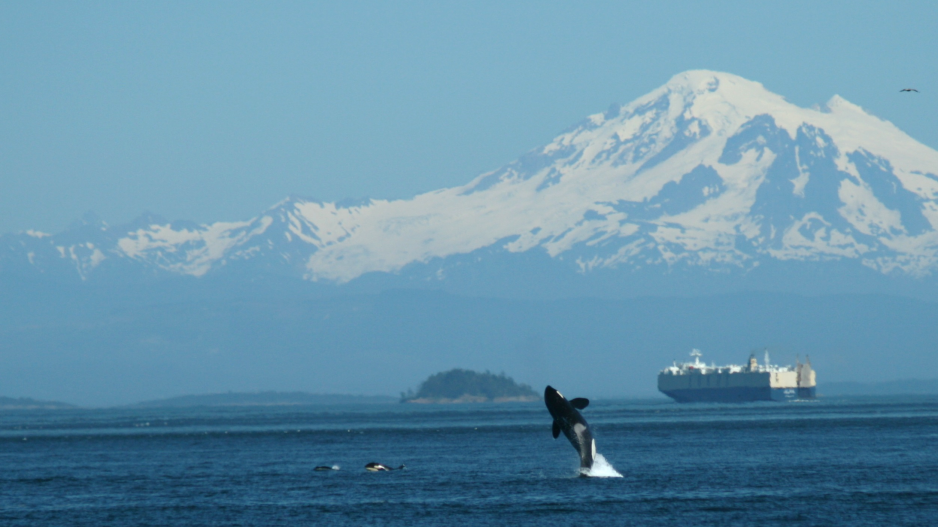The Vancouver Fraser Port Authority is cutting its harbour dues in half for quietercargo and cruise ships in hopes of reducing the noise affecting at risk marine life.
This is the world’s first incentive program aimed at reducing marine noise. Underwater noise in the North Pacific Ocean has been doubling every decade for the past 60 years. Ocean noise affects the availability of marine life to find prey, reproduce and communicate.
The two-tiered savings scheme will reduce harbour fees by either 23% or 47% depending on the vessel’s noise reduction technology. The 47% discount is intended for newer ships that have been built to quiet standard rating set by industry classification societies. The 23% discount offers an opportunity for older ships to incorporate new technology to help reduce their noise.
Average harbour dues for a vessel start around $8,000. The average discount per ship could be anywhere from $1,800 to just under $4,000.
The Port Authority added its new incentive criteria to its existing EcoAction program, started in 2007 which offers discounts to vessels that implement voluntary emission reduction techniques.
“The federal government recognizes the programs and projects we have in place, which we believe align well with the government’s recently announced Oceans Protection Plan,” said Duncan Wilson, vice-president of corporate social responsibility at the Vancouver Fraser Port Authority.
Transportation minister Marc Garneau commended the Port Authority for its actions saying they align with federal incentives.
The Noise reduction incentive is the first measure taken by the Port Authority’s ECHO program that launched in 2014. The program was started to help better understand and reduce the cumulative impacts of commercial ships on at risk whales on British Columbia’s southern coast.
The Vancouver Fraser Port Authority consulted with industry last year to help develop the program. According to Wilson, some shippers they consulted with are already planning to take advantage of the discount.
“Through consultation shipping lines became aware of our plans to introduce this new standard,” said Wilson. “We have heard, through other suppliers, that some lines are trying to meet this standard. Even before it’s been implemented it’s already starting to have an impact.”




